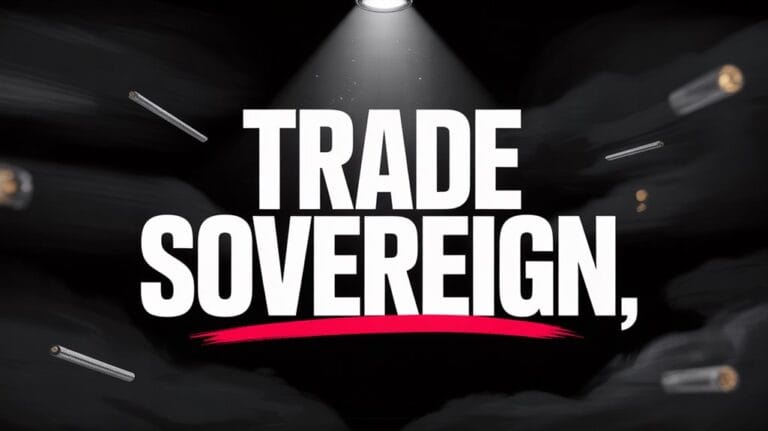Because the United States keeps pressuring Brazil over former President Bolsonaro’s legal woes, President Luiz Inácio Lula da Silva says he’ll open trade talks only if Brazil is treated as an equal.
Lula will only talk trade if Washington treats Brazil as sovereign equals, not client states.
The leader made clear that any trade negotiations must start with full respect for Brazil’s sovereignty. Lula refuses to let another country set rules inside Brazil’s courts or politics. He said talks can move forward once Washington drops hints that Brazil must initially change its own laws. Officials close to Lula insist that dialogue must be fair and respectful. They note Brazil won’t accept sudden tariff hikes as bargaining cards. When the US floated a 50% tax on some Brazilian goods, Brasília did not answer with its own tariffs. Instead, it rolled out a $5.5 billion shield to ease the pain on local firms and workers. Brazil also filed cases at the World Trade Organization. Lawyers argue that the extra US duties break global rules. By seeking multilateral backing, Lula signals he’d rather use law than a tariff fight. Beyond court filings, Brazilian envoys are quietly pinging China and India. The goal is a united front if the US keeps linking trade to Bolsonaro’s trials. Analysts see this as a shift toward partners outside the usual Western circle. At home, taunts that Lula bends to foreign whims fade every time he repeats his line: no economic blackmail, no meddling in courts. Lula’s administration has also postponed tax charges for affected businesses to provide breathing space while negotiations unfold. Polls show most voters agree that Brazil earns a seat at any table as an equal, not a pupil. The Finance Minister’s recent talks with the US Treasury Secretary underscore that Brazil prefers diplomacy over escalation.
Still, the stakes are high. New US tariffs already hit 36% of Brazil’s sales to the US, from steel to orange juice. Truckers and farmers worry about lost routes if talks stall.
Lula’s team says it’s ready with more aid packages, yet hopes Washington sees that respecting Brazil’s sovereignty is cheaper than a trade war.




